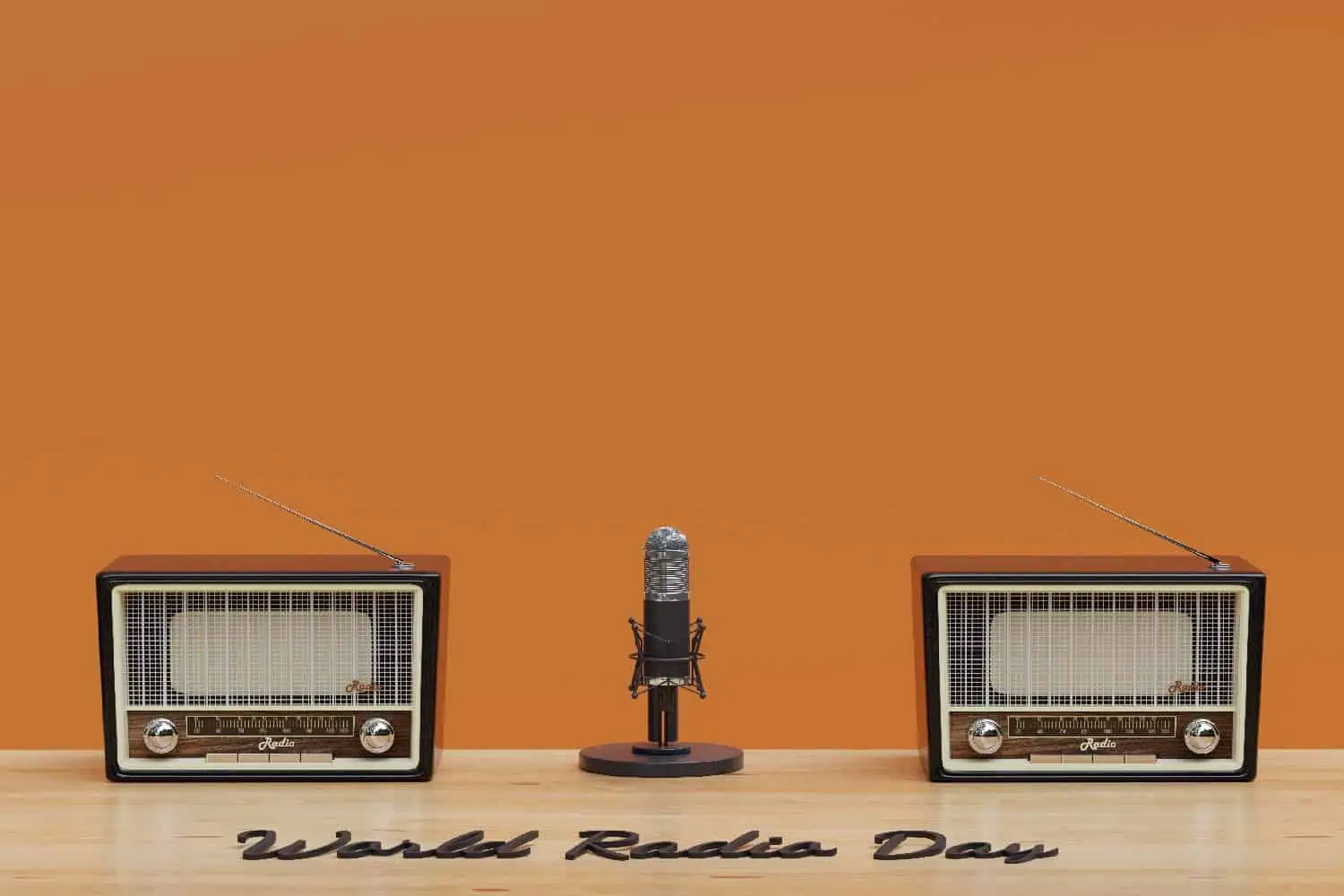2022’s World Radio Day will be the 11th event of its kind. And the United Nations Educational, Scientific and Cultural Organization (UNESCO) calls on both listeners and radio stations worldwide to celebrate more than a century of radio.
The History of Radio
German Physicist Heinrich Hertz was the first person to discover radio waves. Which he found in his late 1880’s experiments. Then, Italian inventor and electrical engineer, Guglielmo Marconi, implemented the radio wave in practical life with his creation of radio wave-based wireless telegraph system in 1895.
From here radio advanced in leaps and bounds. From the first American radio station which was opened in 1919, to digital broadcasting in 1994 when radio streaming via the internet began.
And to this day, radio has remained an integral part of human life. Taking the stage in many moments of history. Such as when Japan surrendered during World War II. Marking the first time the Japanese people heard their emperor’s voice on the radio. Or on the 28th of September 2006, when the City of Reykjavik switched off all lights for half an hour, while a famous astronomer spoke about stars on national radio.
The History of World Radio Day
UNESCO proclaimed World Radio Day in 2011. Marking 2022’s celebration as the 11th edition. UNESCO’s director-general decided on the 13th of February every year to be in line with the anniversary of the United Nations international broadcasting service, which was created on February 13, 1946.
The Theme
The 2022 theme for World Radio Day is “Yes to radio, yes to trust”. And revolves around three focus points that stand under the umbrella of trust in radio.
Firstly, we commemorate “trust in radio journalism”. Encouraging the respect of basic standards of ethical journalism. Something that has become increasingly questionable in the present digital era. Secondly, we acknowledge the need for “trust and accessibility”. Realising the need for serving the informational needs of all listeners. And in doing so radio becomes a greater tool for social integration. With an emphasis on including persons with disabilities. Lastly, the theme focuses on “trust and viability of radio stations”. Looking at the economic survival of radio stations and their ability to attract and retain an audience.
